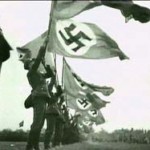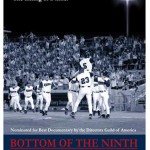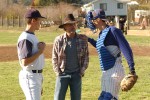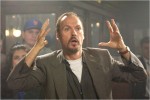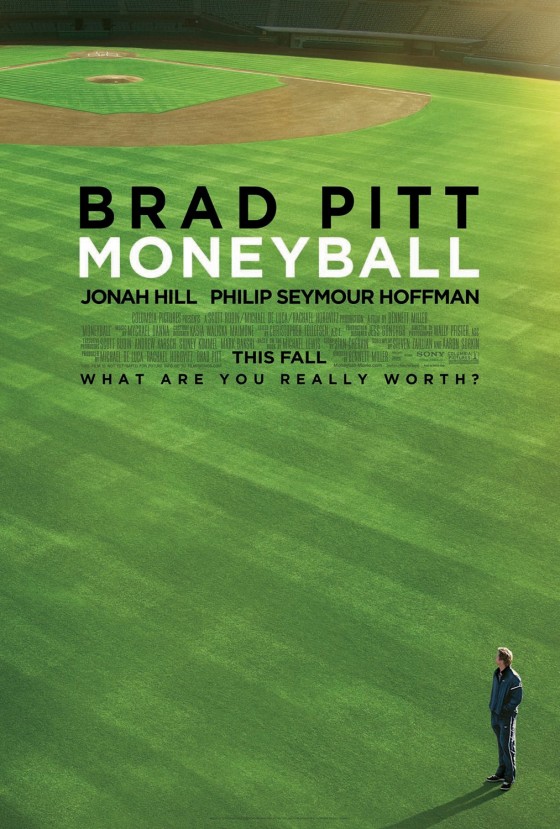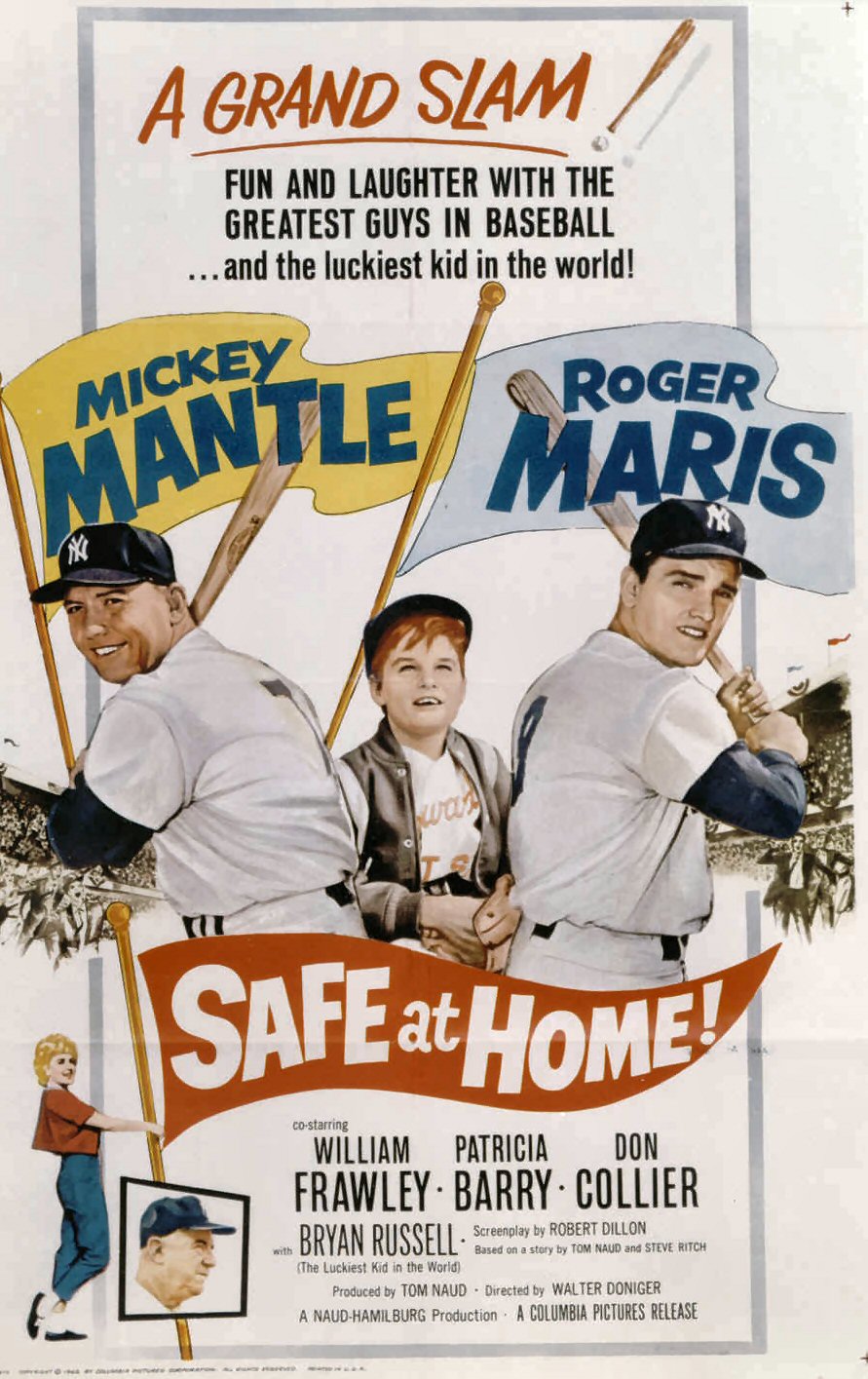My reaction watching Leni Riefenstahl’s Triumph of the Will was similar to that of D.W. Griffiths The Birth of a Nation. Both promote a clear ideology that is sickening today. Yet at the same time both are masterpieces in cinematic aesthetics. So which way do you look at it? A sad document of history, or a piece of history unto itself?
Triumph of the Will is a piece of Nazi propaganda that focuses on the group worship of Hitler and the good name of Germany. Through all the speeches from various generals, high-ranking officials and Hitler himself, the common thread of their comments is not one of hate but rather one of proud patriotism. This is before WWII at the atrocities we now know that went on during that time. Seeing Triumph of the Will through the spectre of history it’s odd to see one of humanity’s monsters come across as something less than monstrous. To see rows and rows of soldiers and German citizens cheer one man on I can see why his country got behind him. He knew how to talk. And therein lies the purpose of propaganda – to get people to believe and feel passion.
However the strength of Triumph of the Will is not in words but rather the pictures. Thousands of German troops lined up at the Nuremberg rallies are a spectacle unto themselves. Everyone moves in unison showing the strictest of discipline. It also makes for great symmetry as Riefenstahl shows the rallies from all different angles: close-ups, long-shots, head-on, oblique angles. Most every frame looks as though it could be transferred to a still worthy of a Life photo essay.
Knowing what goes on to happen in the five years following the release of Triumph of the Will, it is somewhat frightening to see Hitler as a hero that is so well loved. He is clearly a man with power and the support of the people, at least the way Riefenstahl edits shots together. One shot will have Hitler talking before she cuts to an excited crowd with the voice-over continuing. Whether or not the reactions were coming from those moments of the speech or at another point is unclear. It is obvious that some points are fabricated recreations. Early on many different soldiers repeat a rally cry in which they respond to one another. While it makes for a great scene, I had my doubts that this was done spontaneously.
Triumph of the Will is clearly a film with an agenda. And even with its classification of documentary in question, Riefenstahl’s work is a powerful tribute to something she, and many others, believed in at one time. Triumph of the Will shows history from a different perspective. As sickening as it might be to watch, it’s this alternate point of view that is important in helping us learn from the past.
Triumph of the Will Gallery

